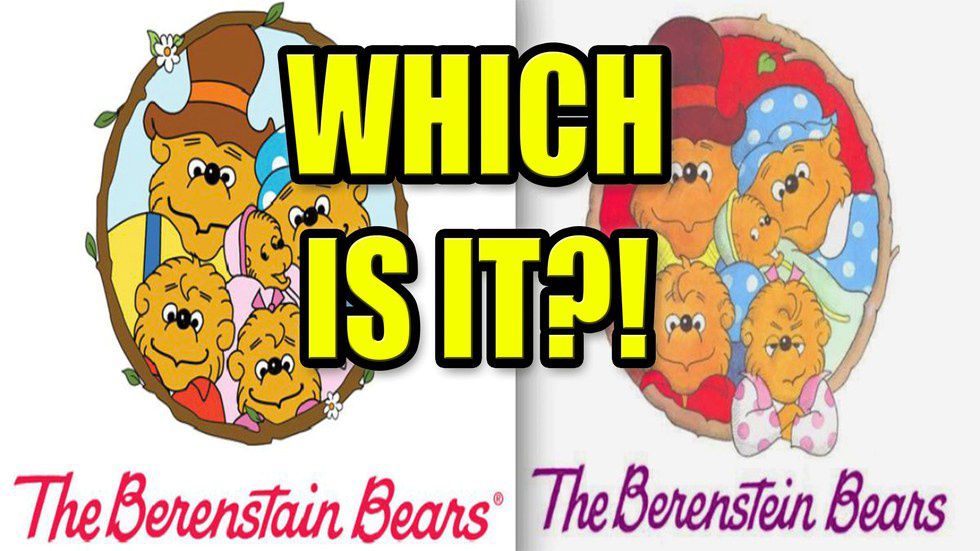Never heard of it? Perhaps you have heard of Nelson Mandela- the theory is named after him. The theory involves a group of people (who are strangers to one another) remembering something that never happened, or differently than it happened. It is named after Nelson Mandela because a large group of people all share the memory of him dying in prison in the 1980's. In 2013 when he was pronounced dead, many people came out saying they specifically remembered him dying years before.

Another popular example of this is the widely popular tv show, "Sex in the City". Wrong again, it is "Sex and the City". There are clips of an award show where popular TV host and star Simon Cowell says "Sex in the City" multiple times. But one of the craziest ones to me is from the movie Snow White. In the scene where the evil queen says, "Mirror, mirror on the wall"- a very famous line from the movie. But in reality she says "Magic mirror on the wall".
Conspiracists believe this theory is an effect of time travelers and when they change even the smallest things, our universe gets altered in the smallest bit where some people remember the change and others have no idea. Others believe that we are in an alternate universe. It is related to misconceptions in general, although, it has an unexplainable, obscure nature and odd feelings resulting from learning the reality. It seems harder to escape the feeling that it’s simply a mis-remembering of a detail, which is why people are so adamant with the way they remember things.
It is often hinted at that the Mandela Effect is closely related to cognitive dissonance. Cognitive dissonance is the mental stress/discomfort experienced by an individual who holds beliefs, ideas, or values and is confronted by new information that conflicts with existing beliefs, ideas, or values.
So ask your parents how they remember the little family of bears you read together as a child and see what they remember.






















